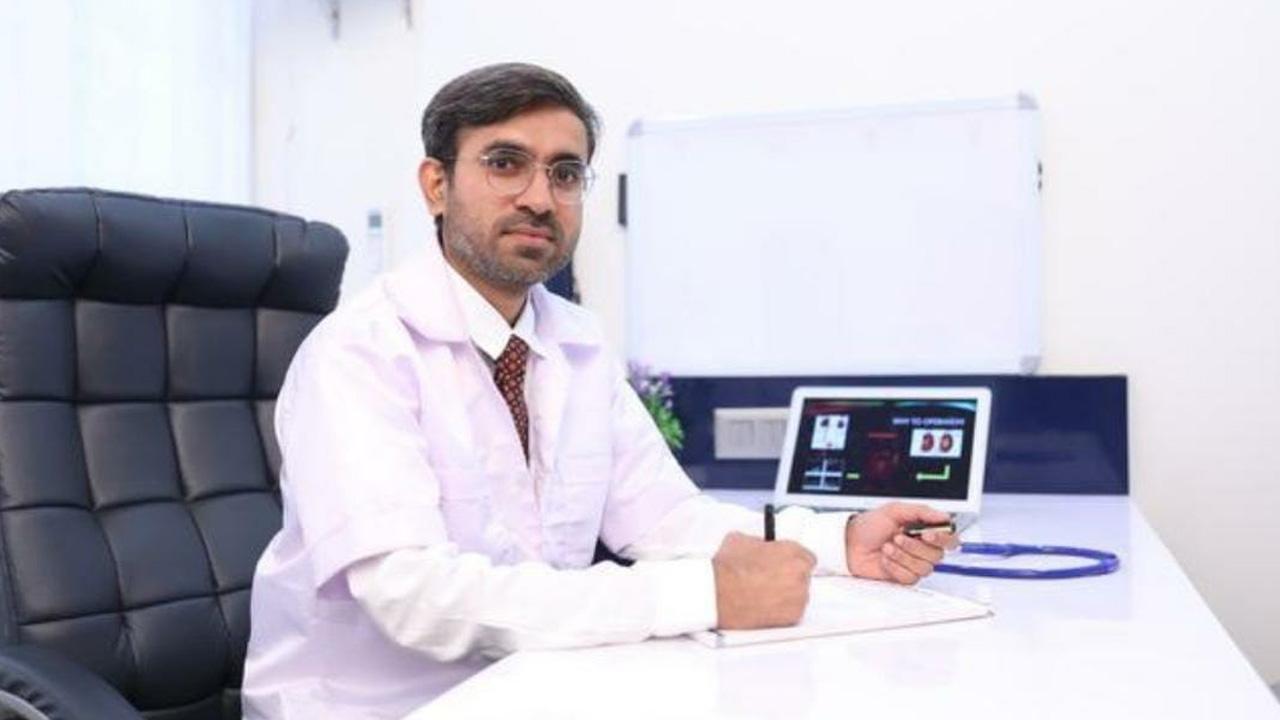Urinary incontinence is any involuntary or unwanted loss of urine and is considered a medical condition.

Dr. Tarun Jain- Consultant Urologist & Andrologist, Specialist in Minimal Access Endoscopic Treatment of Stone & Prostate with Lasers, Wockhardt, Apollo, KJ Somaiya, Mumbai
Often older adults limit their fluid intake in the mistaken belief that if they drink less they will produce less urine and their incontinence will be less severe. However, severely limiting fluids leads to more concentrated urine which irritates the bladder and makes the problem worse.
ADVERTISEMENT
When you worry about your incontinence, having to work can be stressful. Here are some tips for feeling in control and worrying less:
- Ensure you have plenty of high-quality pads at your workplace.
- Avoid drinking too much, especially coffee, alcohol, and tea, right before and during work hours.
- Regulate the sips of water you take during meetings and conferences.
- Take steps to prevent odours. Your pharmacist can help you with this.
- For some, a restorative intervention such as bladder training, or timed and prompted voiding, can bring meaningful results.
Your doctor may ask you to keep a bladder diary for a few days, and may also need to know the weight of the pads that you wear over a period of time. This is known as a Pad test.
If incontinence affects your life in any way, seeking medical advice is important.
 Subscribe today by clicking the link and stay updated with the latest news!" Click here!
Subscribe today by clicking the link and stay updated with the latest news!" Click here!







